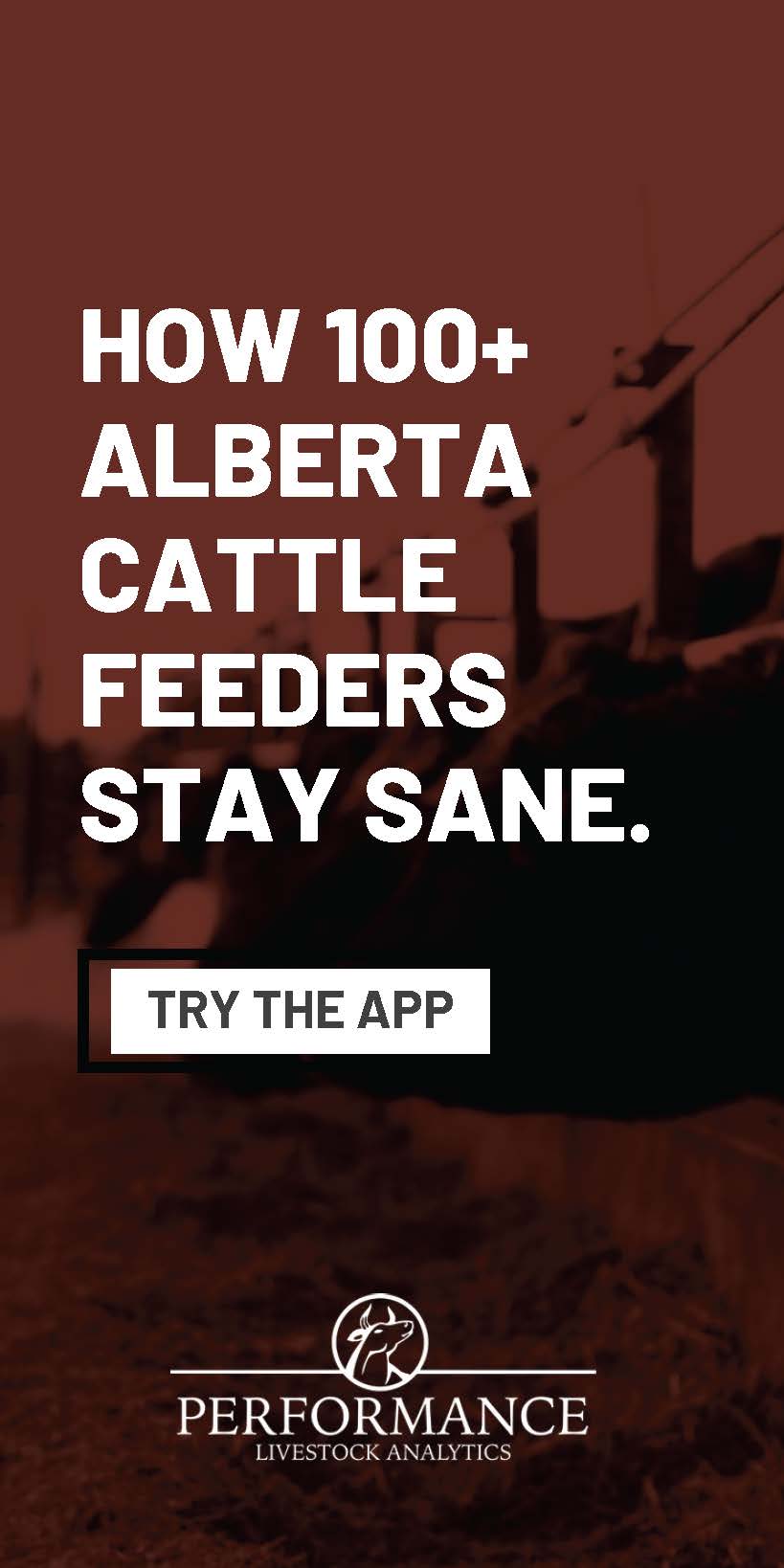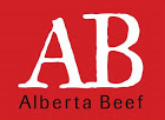Westman Farms had its beginning in 1926 when Doug and Murray Westman’s grandparents John Batke farmed the location where Westman Farms currently stands. Walden and Dorothy Westman, papa and nan to them, decided to stop driving a taxi in the town of Vermilion in 1957 to follow his dream of farming. Change came slowly, but then again, nothing happens on farms in a year or two. Progress is measured in lives, in decades and over generations when it comes to judging success in agriculture. A couple of good or bad years never spell the future when it comes to agriculture. Diversification was always central to Westman Farms. Murray states: “We had pigs, grain, chickens, beef, milked cows and sold cream.” There was never a shortage of work on the farm, just daylight.
In 1974 Doug and Murray formed the company that operates Westman Farms. The commitment to agriculture was a family virtue. Murray along with his wife Leslie and their family Derek and Jill plus Doug and his wife Nora and their family Kyle and Jason call Westman Farms home. Their passion for agriculture made it an easy decision for Derek, a graduate from the University of Alberta with a degree in Agriculture Management and Kyle, with a diploma in Livestock Management from Lakeland College, to become partners in the business in 2007.
Derek tends to the cattle and Kyle loves his role managing the extensive trucking needs for the company. As Derek shines with livestock, Kyle is a heavy duty trucker and loves the diverse types of trucking needs the farm demands.
The farm has a broad land base which extends over 10 sections. The main crops are wheat, canola and silage. Westmans calve 700 Simmental/Angus cows. The main herd calves “in the yard from March to April,” says Murray. “We have a lot of farming to do so when it’s time to truck those calves to summer pasture the calves are big enough to handle the trip. We keep half the herd at home and the other half goes to Mayerthorpe.”
The Westmans are managing according to conditions, aware that after two good crop years another dry year is possible. Derek adds: “We keep flexible with our management. Our philosophy is the herd can go wherever the feed is. We summer several hundred cows at Mayerthorpe. We spread out our herd according to grass conditions. It’s part of our overall risk management strategy.”
The Westman’s buy their cow bulls from Lewis Farms and Maxwell Simmentals. Their heifer bulls are sourced from Everblack Angus, the Gibson family of Vermilion and MJT Cattle Com the Trefiak family of Edgerton. Derek added: “We try to not compromise on bull quality.” The photos with this story will illustrate their commitment to the quality of genetics.
After the great drought of 2002 and the lower proceeds from livestock production the Westmans expanded their crops and sought more diverse income streams for the farm. Selling top end replacement heifers has always been a part of the farm’s operations and has continued with success for 20 years. Murray adds: “The replacement heifers that sell in our annual Replacement Female sale held this Dec. 05, 2011 at Nilsson Bros. Livestock, Vermilion are sourced from our own herd and the top genetics we buy back from customers. The heifers are bred in a 45 day period. Almost 500 head, with the same type, style and quality like those in the photos are sorted into buyer lots and will find homes once again in December. Buyers will like their eye appeal, depth and condition and the family that stands behind their program.
Moving forward from 2002, those who committed to agriculture, the land and cattle continued with their herds and crops. Quitting was never an option for those tied to the land. The ranching and farming life was never about money for 99 per cent of ranchers and farmers. It was a way of life that was in the blood and bone. It’s the call of the land. It was never about getting rich, but, as Kevin Rea once said: “Being able to pay the bills and be able to one day hand the place down to the kids without debt is all we ever asked for. This life was about a way of life, never about getting rich.”
Murray Westman has seen a lot of changes these past 10 years, “Cows paid the bills through the ’80’s and 90’s,” he said. “The last five years grain paid the bills. Cattle are coming back again and it’s all part of the age old cycle, only changed in a few ways. We also do custom silage work, custom spraying and combining. If we have the time and the work fits our plans we try to work these things in. But one thing we don’t do is put ourselves through the stress of trying to predict weather, markets or calf prices.”
Murray Westman continues: “We can’t get any bigger. Why? We just can’t find any more help. We may grass more cattle. It seems that no one wants to calve cows anymore.” He did agree that as the cow/calf prices continue to surge and stabilize it will undoubtedly draw more people into cow/calf commercial operations. We all agree time will solve these issues, just as it always has.
Doug and Murray are quite content to let time and markets solve the big equations. They realize they only have so much control over the big picture. Sometimes, it’s best to let things take their course and ‘go with the flow.’ As we sat in the shop around a kitchen table Murray noted it was October and there hadn’t been a killing frost yet. He said: “It’s getting kinda dry now, the farming’s all done.”
All of the developments at Westman Farms and the commercial cattle success they enjoy did not come about from accident. They believe in strategic partnerships and looking at building a solid team. They are very quick to give credit to the business relationships that complement the farm and their management style. When asked about the herd’s great condition the Westman’s are quick to point out they make sure herd nutrition needs are maximized due to the geographical challenges in their area. Keeping a herd in top condition through droughts and wet years and the challenges of eastern Alberta’s seasons is no easy job. They are quick to point out that working with a nutritionist and providing Smartlix and Cargill’s NutraBeef supplements help with the job. But they also point to Dr. Tim Goodbrand who doesn’t compromise on herd health. They also trust Barry Bieleny to: “Buy our feeder cattle. We buy and background our calves mid-November to April and take them to grass.” The Westman’s trust a lot of livestock professionals in many areas of the business when it comes to bulls, nutrition, marketing and buying grass cattle. Jim Pulyk and Rusty Stalwick help with selling as well, “And they have always been fair.”
The four Westmans did not ‘talk up’ their cattle to me or anyone. Westmans are quite content to let the quality in their herd and replacement heifers speak for themselves. However, the cattle industry has paid the Westman farms accolades for the decades of commitment to the right style and type of cattle that thrive in today’s marketplace. Canadian Western Agribition saw Westman Farms win Grand Champion Overall with a pen of five breds as well as champion pen of 10. Westman’s captured similar prestigious honours at Edmonton Farmfair … all of this not just in one fall, but repeated over several years.
The partners never mentioned a word about the merits of their stock. Derek adds: “We never did a story before.”
We toured the bred heifers and spent hours driving through the cow herd. From one horizon to another all I could see was cattle with eye-appeal and excellent condition. I only hope you get a chance to meet the Westmans and trust a few photos are worth a 1,000 words. So along with their father’s decades of hands on experience they are obviously taking the practical side of breeding and marketing commercial cattle to another level with their educated approach to the whole business of buying, breeding and selling commercial cattle at the top of the industry. But for the four partners, it’s just another day at the farm. The four partners look forward to meeting old and new customers at their coming sale and to talk about the exciting position the cattle industry is in this fall. See you all sale day.




